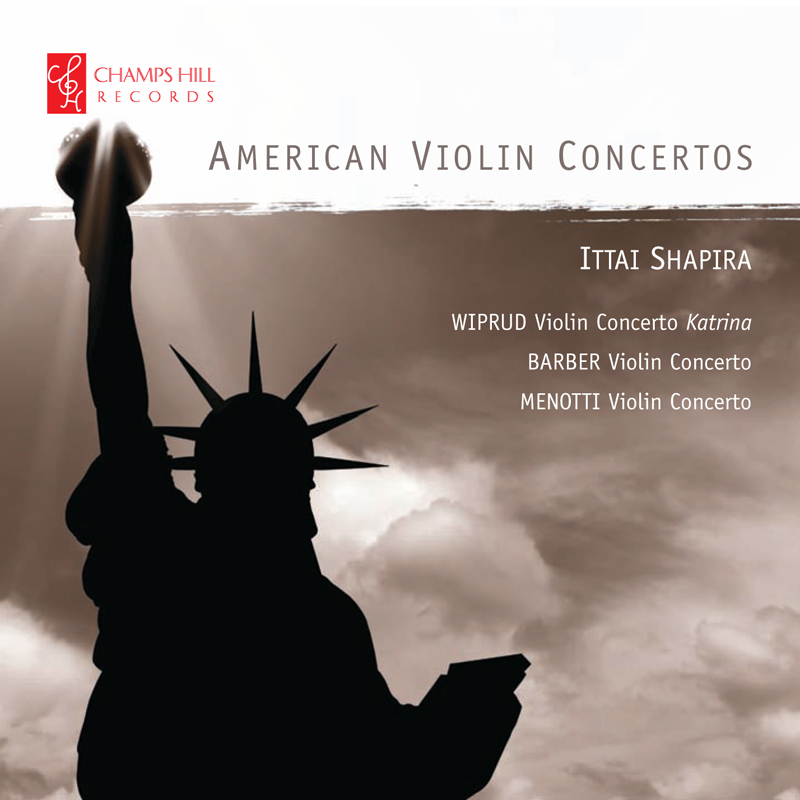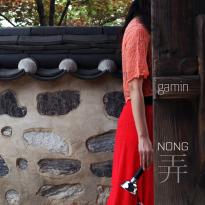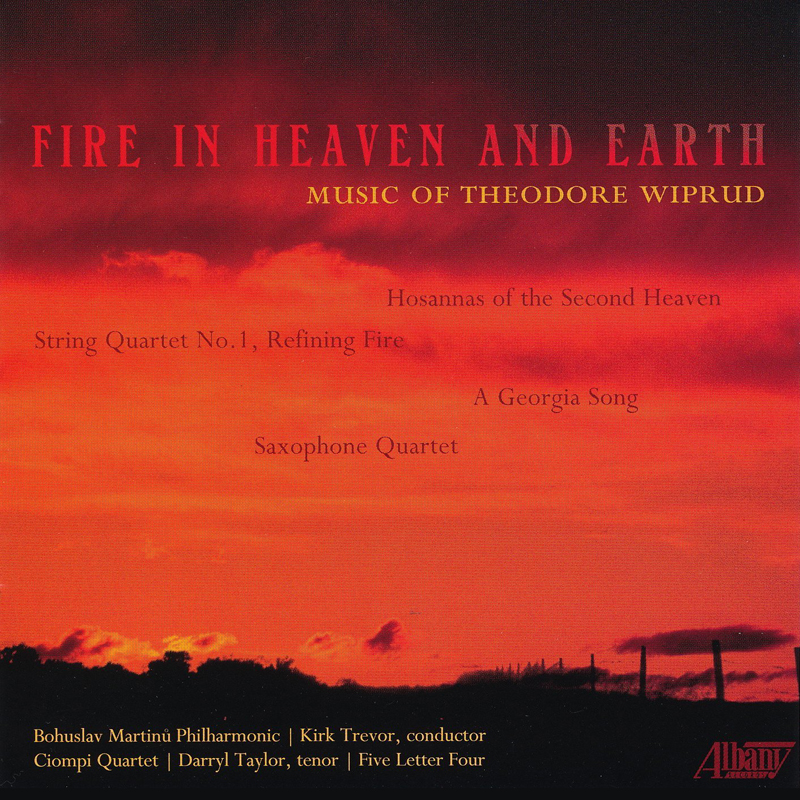This suite for violin and piano depicting the three life passages—marriage, immigration, and death—evokes increasingly dark textures, attaining a final note of peace.
suite for violin and piano / 21 min.
in three movements
Romance (5 min.) / Fiolin, Fiolin (7 min.) / Go Gentle (12 min.)
Each piece can be played separately.
Program Notes
Passages is a suite of memories—three pieces that I composed for violin and piano at different times, and in response to different events. I grouped them under this title recognizing that each concerns a major life passage. Together they describe points in a journey, both from light to dark to, perhaps, a new light; and also from one compositional voice to another.
“Romance” is the earliest of the three, dating to 1991 and my mother’s re-marriage. Although the original form of the work was altogether too long and complex for its intended use in the marriage service, it has proved an effective concert work, especially with revisions made in 2001. This lyrical work wears its heart on its sleeve, full of joy and reflection and vigor and nostalgia as I thought of this couple embarking on a whole new chapter in what were already full and fruitful lives. This is also the first music in which I applied the terza rima rhyme scheme of Dante’s Divine Comedy to melodic construction, creating of short phrases or single notes an interlocking pattern—aba, bcb, cdc, etc.—in a seamless, organic flow.
“Go Gentle” was composed in 1996, shortly after my father’s death. It is my effort to go a few steps with him on that final journey, to imagine what he experienced in his final days. Debilitated by stroke, dying ultimately of pneumonia, unable to speak, his breathing labored, he drifted in and out of reverie, occasionally visibly gripped with emotion, always returning his gaze to his visitor’s eyes, clinging to that last human link for dear life, but also, away from any other’s knowing, perhaps reliving times or sensations, sorting out a life of happiness as of pain, and finding at least in ebbing consciousness, release and rest.
I composed “Fiolin, Fiolin” in 2001 to bring the outer two pieces together. A couple of years earlier I had received my grandfather’s storied violin. This instrument was brought home one day some ninety years ago by my great-grandfather, a Norwegian immigrant who longed for the music of home and wanted to hear the old tunes. His young son (my future grandfather, and my namesake) dutifully learned many such melodies, including his father’s very favorite, Saetergentens Sontäg (“The Chalet Girl’s Sunday”). I recently sought out this piece written by the Norwegian violinist-composer Ole Bull, and discovered a sentimental song of love and loss. Many a time his father had young Theodore play this tune for him, including when he lay ill in his fifties. One evening Theodore begged off; his friends were waiting for him; he would play it another time. But he never had a chance; his father passed away that night. Now that the violin is in my home, I think about the power of old melodies, and about how this very construction of wood and gut conveyed such essential feelings so long ago. “Fiolin, Fiolin” (Norwegian for violin) is the voice of this violin itself—first just sounding its open strings through ever-flowing days and years; then essaying the simplest, first-position gestures; then gradually assembling the old tune from scraps found among many memories, and finally succumbing to its power.
—Theodore Wiprud
Buy Score and Parts »




